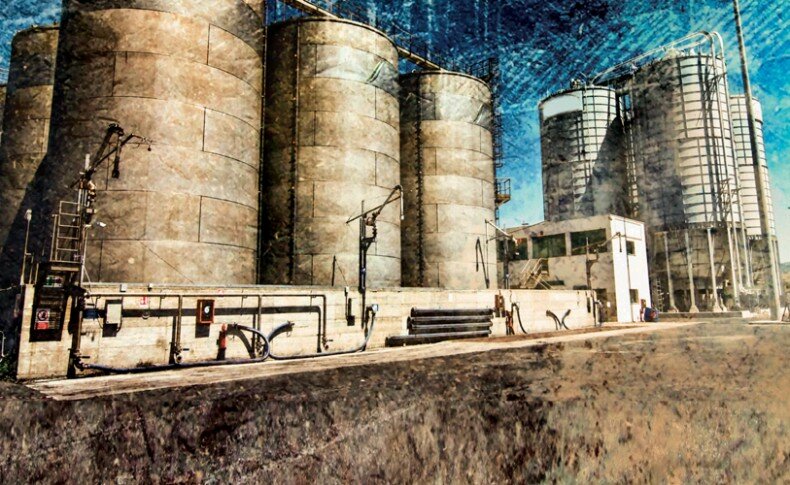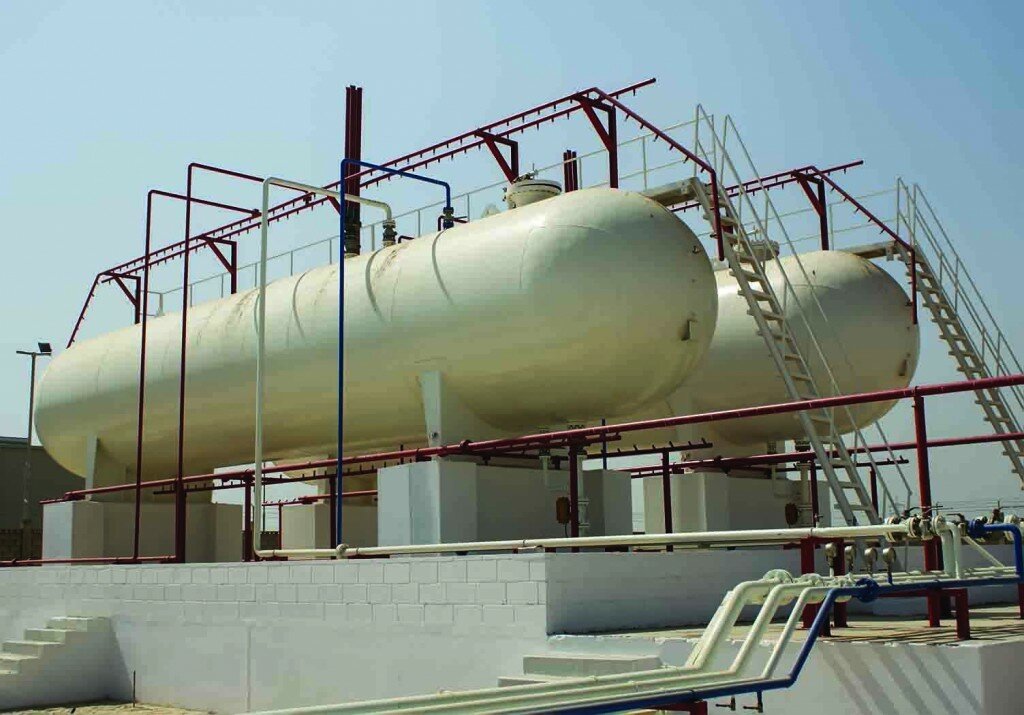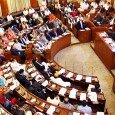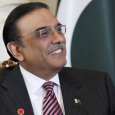By Muhammad Ahmad –
The Oil and Gas Regulatory Authority (OGRA) is faced with a plethora of serious challenges concerning maladministration, rampant corruption and poor governance, which have dented its reputation in addition to deteriorating the state-run enterprise’s financial condition.
OGRA was established on 28th March 2002 on the pressing demand of the World Bank and other donors to foster competition, increase private investment and ownership in the midstream and downstream petroleum industry; it was also tasked with the regulation of activities relating to the Liquefied Petroleum Gas (LPG) and Compressed Natural Gas (CNG) sectors in the country, and protecting the interests of all stakeholders in the oil and gas sector of Pakistan.
It has been accused of failing to protect the rights of consumers and becoming subordinate to the federal government, while maximizing the interests of gas utility companies – Sui Northern Gas Pipelines Limited & Sui Southern Gas Company Limited – at the cost of gas consumers and the national exchequer.
At present, the authority consists of a chairman and three members. The chairman and members are appointed by the federal government through a competitive process on tenure basis in accordance with the provisions of the OGRA Ordinance. OGRA has been organized into six main departments namely Gas, Oil, Finance, Legal, Administration and the Registrar’s Office. Former Chairman OGRA Tauqir Saddiq is also facing an ongoing NAB investigation.
Gas Losses
According to a copy of a document made available to Pique, increasing gas losses of both state-owned gas companies (SNGPL & SSGCL) are becoming a burden on consumers. One percent Unaccounted for Gas (UFG, or gas losses) of the two gas utilities translates into a revenue loss of Rs50 billion per year. This loss is directly added to the consumer cost. In order to control UFG, OGRA allows a substantial amount of expenditure on UFG control related activities and security expenses. However, results show no improvement.
OGRA, in a letter dispatched to Ministry of Petroleum and Natural Resources (MPNR), has asked for policy revisions over setting the UFG benchmarks for the new financial year. The MPNR, in turn, has sought approval of the federal cabinet’s Economic Coordination Committee (ECC) to set the ratio of collection on account of UFG at 9%, up from the initial proposal of 7%, for both gas companies. “This summary of MPNR is illegal, because if they succeed, then billions of rupees worth of gas theft will be passed on to the consumers,” an energy expert said.
The revision of UFG benchmarks by the same authority for the financial year 2009-10, from 5% to 7%, also became controversial. The National Accountability Bureau (NAB) filed a reference against former OGRA Chairman Tauqir Saddiq over this revision. OGRA then fixed the UFG benchmark at 4.5% for the next two years, until earlier this year when they increased that figure to 7%. Which is now going to be increased further.
“The gas utilities’ performance in terms of controlling UFG is criminal, condemnable and the common man is being forced to pay for all these inefficiencies,” a senior official at OGRA said, wishing not to be named.
OGRA’s Member Finance, Mir Kamal Marri has also been under investigation by NAB for the above mentioned UFG revisions, and a reference against him was filed in the Accountability Court. The Accountability Court charge sheeted him, among some others, on 26th May 2014. Arrest warrants were previously issued, but Marri continues to occupy his post in absentia (he fled to Switzerland before the verdict). In August, Prime Minister Nawaz Sharif turned down a Cabinet Division proposal to have Marri removed from OGRA, referring his case to the Federal Public Service Commission (FPSC) instead.
Due to ongoing investigations and pending appointments, many senior and junior officials are currently engaged in jobs that are not related to their qualification and experience. For example, at present a secretary and an executive director of administration is working on technical jobs. Similarly, the chief audit officer is looking after the affairs of finance, and the financial officer is primarily engaged in human resource management.
Overpricing of LPG and CNG
At present, huge numbers of complaints have been registered with OGRA regarding the prices of LPG and CNG. People from various parts of the country especially Punjab have complained about Rs10 to Rs20/kg overcharging in CNG prices, while complaints pertain to overpricing of Rs20 to Rs40/kg in LPG prices.
Officials of OGRA are alleged to be conniving with the businessmen running CNG and LPG businesses. Sources say poor monitoring and absence of hefty fines from the regulator are major reasons behind the overcharging black marketing in the country.
Earlier, the apex court had ordered an elimination of the Gas Infrastructure Cess (GIDC) from the consumer price of CNG, yet OGRA has not notified any reduction in CNG prices.
Currently, every oil consumer in the country is forced to pay around Rs3/litre in the purchase of petroleum products (POL) or filling the tanks of their vehicles. Consumers bear the brunt of transportation charges, Inland Freight Equalizations Margin, (IFEM) of POL products. This again contravenes OGRA’s own statutes. The higher courts have been trying to merge the primary transportation charges into Oil Marketing Companies’ (OMCs) profit margins, to provide relief on the consumer end, but all the commissions and reports have been waylaid by OGRA’s inability to enforce their own directives.
Overall, there are 21 OMCs in Pakistan. Many of them do not meet the terms and conditions necessary for grant of a license. No record of OGRA’s decisions regarding the granting of license and details of the company is available on their official web page. A senior official at the petroleum ministry said that most of the OMCs have failed to maintain regulatory standards of depots, retail operations, road transport and investment plans.
It remains to be seen how long Pakistani consumers will continue to suffer for the transportation and distribution inefficiencies at the production level. OGRA was primarily created to lobby the consumer market and requisition government grants to remove production inefficiencies, but as things stand, it has only managed to add to them.
The writer is a journalist based in Islamabad
































































































